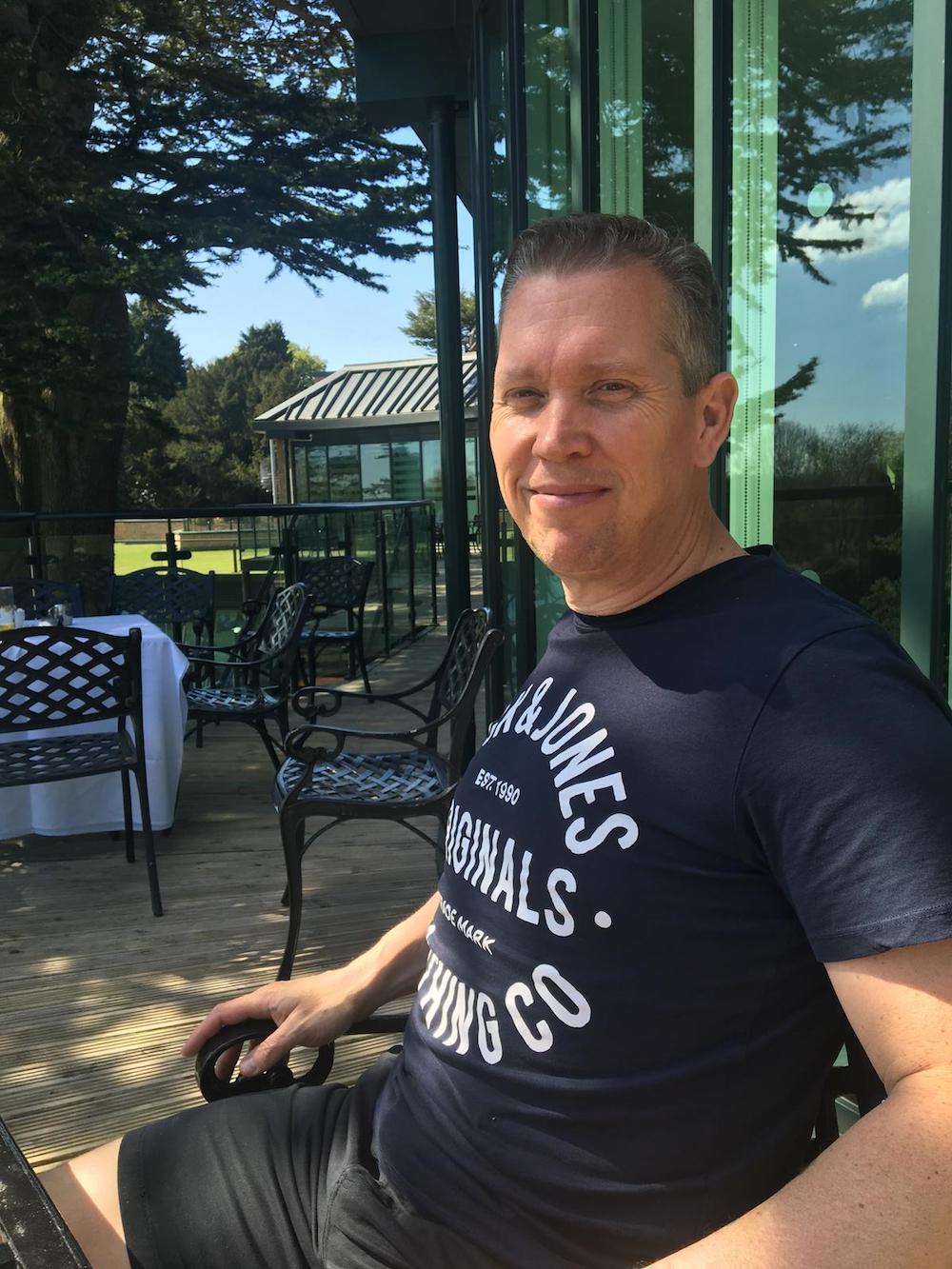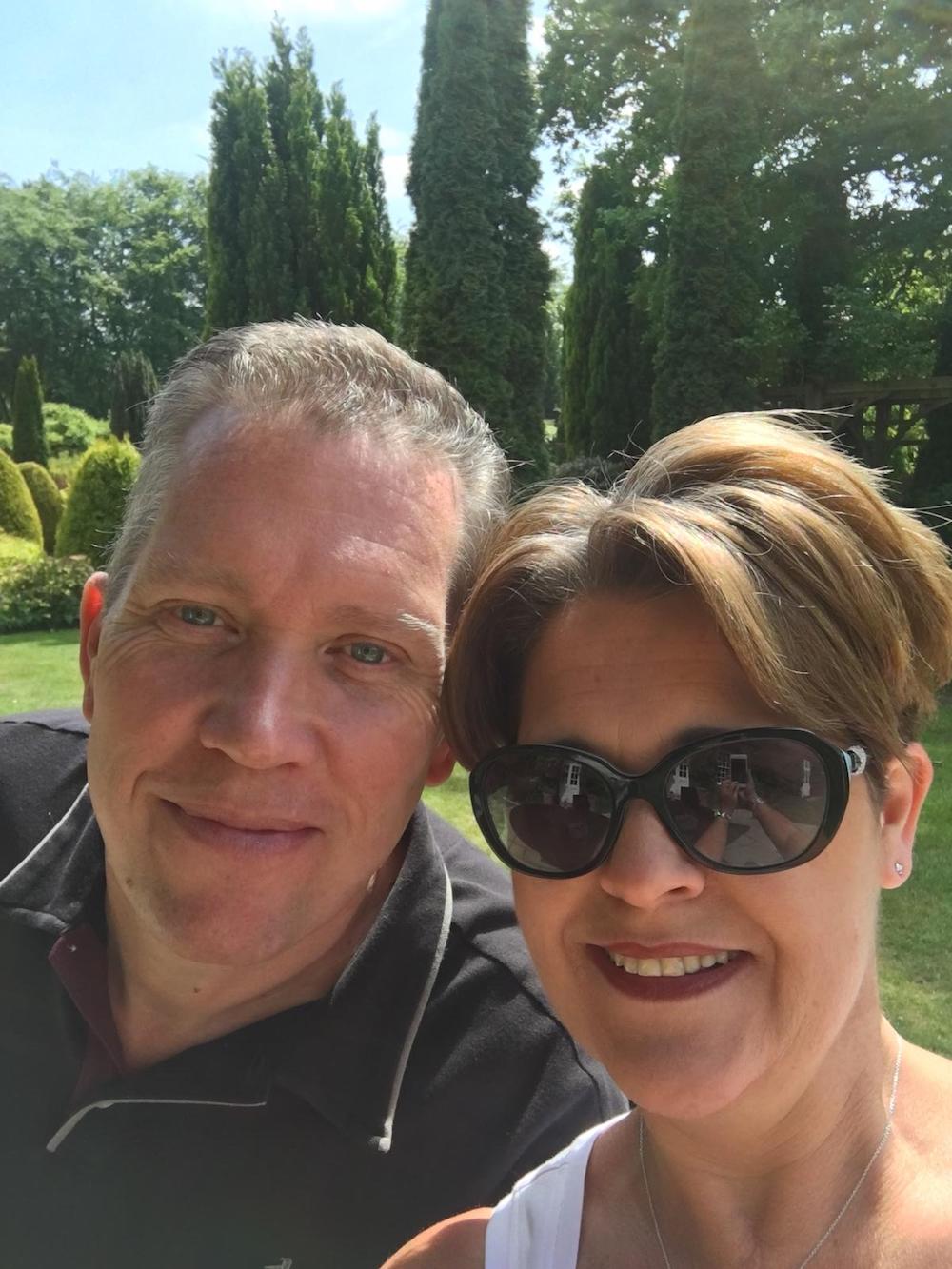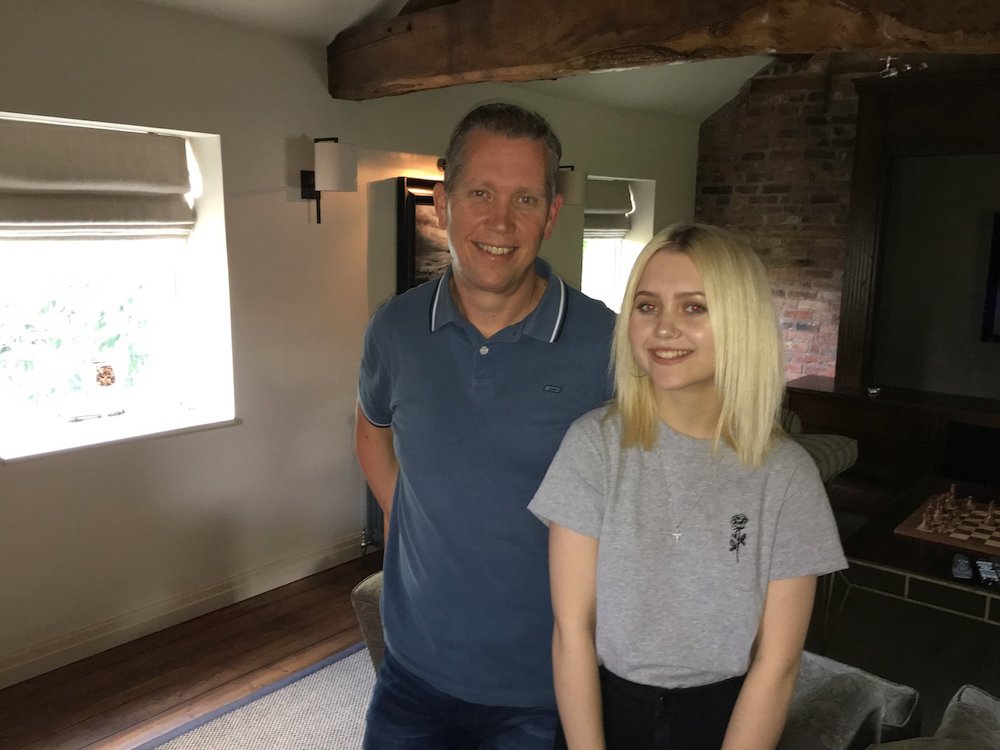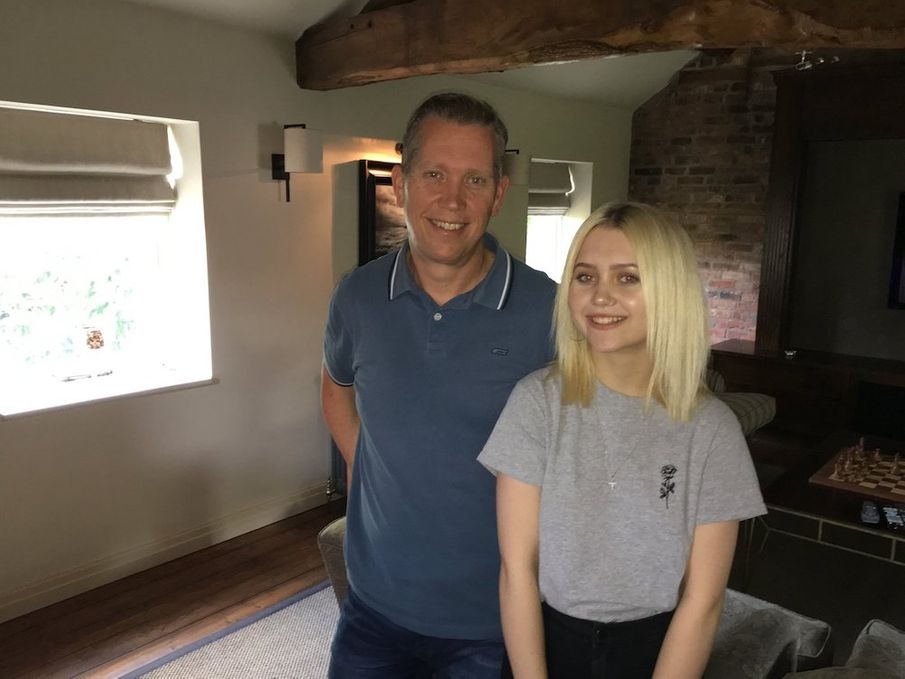Sean Gardner developed PTSD following the Manchester Arena terror attack, during which he found himself living every parent’s worst nightmare as he searched for his daughter. But from such a devastating event, Sean has used his experience to create something positive and help others, by launching a unique mental health service
The 22nd May, 2017, is a day that changed my life. On what started as a normal day, I suddenly found myself caught up in the Manchester Arena bombing, which led to me suffering from post-traumatic stress disorder (PTSD).
My youngest daughter and her friend, like thousands of others, were excited to be attending the Ariana Grande concert, and that evening I went to pick them up after the show. My eldest daughter, Charlotte, was waiting in our car in the Arena car park, while I went into the foyer of Manchester Arena.

Sean Gardner
At the moment when the bomb detonated, I was separated from my daughters, and it was close to two hours before we were reunited. During that time, in the centre of the devastation, I came to the aid of a seriously injured woman. Despite my best efforts, the woman sadly died before the emergency services arrived.
I was living every parent’s nightmare, separated from my children, with no way of knowing if they were OK. I eventually made it back to the car park to discover that thankfully Charlotte was physically unhurt, although, as you would expect, incredibly distressed. Many people were using the car park to escape the devastation unfolding in the lobby, and Charlotte saw lots of badly injured people – as well as emergency services everywhere.
Still desperate to find my youngest daughter and her friend, I made the difficult decision to leave Charlotte for a second time, deciding that she was safer staying where she was, while I went back up to search for her sister.
Relief flooded through me two hours after the explosion when I finally found her and her friend, safe and sound. They had been in their seats when the bomb detonated, avoiding the blast, and managed to find another way out of the building and to the safety of a nearby hotel.
While I know that we are tremendously lucky to have walked out of the Arena with our lives, we were not unscathed by the tragic events that unfolded before our eyes. I experienced severe sleep deprivation for around 40 days, unable to stop replaying the horrific scenes over and over again in my mind. Although I went back to work just days after the attack, I couldn’t get back to normality, and both my work and personal life started to break down.
Individuals with physical injuries received immediate emergency care. However under the NHS guidelines for trauma victims, we would have had to wait 90 days before being able to access the support we desperately needed for our mental health. Charlotte had been receiving counselling for anxiety prior to the bombing, which could be why we both recognised so quickly that we were unravelling and needed to get help. I sought help privately for both me and Charlotte, and we were diagnosed with PTSD.
We were recommended Eye Movement Desensitisation and Reprocessing (EMDR) therapy and I was amazed by the immediate impact this had on me.

Sean and his wife Helen
A NICE-approved treatment, EMDR is used to treat symptoms of psychological trauma, and is recognised by the World Health Organisation as an effective therapy for people who experience traumatic events.
Trauma memories develop when a distressing event is incorrectly stored in the brain as if it’s frozen in the body’s system. When a person with PTSD relives these memories, the experience can be felt with the same emotional intensity as if it were taking place again right there in front of them. EMDR helps to unfreeze these memories by stimulating alternative parts of the brain with eye movement, taps or sounds, helping the brain to consolidate the memories and make them more emotionally bearable than before.
I was privileged enough to be in a position where I could access help as soon as I needed it, but reports from the Manchester and London attacks, as well as the awful Grenfell Tower disaster, made me realise that so many people who desperately need it are unable to access immediate mental health support.
I felt that this needed to change, and that there should be immediate help for people with mental health injuries following mass trauma, in the same way that ambulances and hospitals provide first aid for people with physical injuries. So, I decided to do something about it and founded the Trauma Response Network (TRN).
Launched on the first anniversary of the Manchester bombing, TRN is a not-for-profit service, providing free therapy and support to people affected by mass trauma within the past 90 days. Straight after an event, those affected can self-refer online, benefiting from a free online session with a qualified EMDR therapist in real-time using voice, a video cam, a chat box and an interactive whiteboard. This online session is then followed up with face-to-face therapy of up to five sessions, again delivered for free.
I strongly believe that this will bridge the gap when early intervention is needed before the existing service provision can kick in. The online nature of the service is a fairly new approach to psychotherapy, and there has been a similar provision to TRN used very effectively in the US following the Boston Marathon bombing in 2013. By harnessing technology, I think we’ll be able to reach people who might otherwise have chosen to ignore their symptoms and not to seek help. Particularly when you think about how many young people, like my daughter, were affected by the Manchester bombing, online is an obvious place for them to turn.

Sean and his daughter Charlotte
So, while the last year has been a particularly challenging one for me and my family, I feel buoyed at the moment by what we’ve been able to achieve in setting up TRN. My PTSD is certainly an ongoing battle and I still see my therapist regularly, but I feel a lot more in control now; many of the everyday things that totally floored me a few months ago are once again simple, manageable tasks.
Despite the difficulties of the last year or so, my wife, daughters and I have remained a support to each other, and a close family unit. My daughters are proud of what we’re doing with TRN and Charlotte has become a trustee – being younger, it’s been beneficial having her take on how the service can effectively communicate with young people.
Receiving help within weeks after the attack was definitely instrumental in the pace of my recovery, and I would urge others who feel like they’re not coping with day-to-day life to seek help rather than hope their symptoms will go away; a diagnosis and the right therapy could have a huge impact on the rest of their lives.
To find out more about the Trauma Response Network, visit traumaresponsenetwork.org
Sean’s story is a potent account of the impact trauma can have on everyday life. Given his experience, it is unsurprising he has suffered ongoing symptoms. While trauma symptoms may quickly fade for some, for others the impact can be very invasive and lasting. The Trauma Response Network provides a much needed short-term service. Those impacted by trauma should trust their own judgement about their therapeutic needs and reach out for help when they feel ready.


Comments